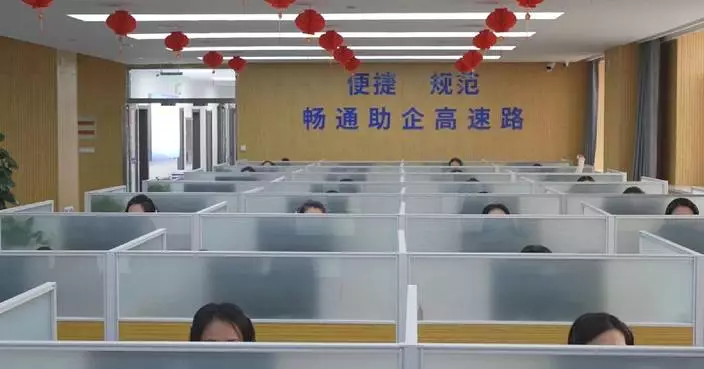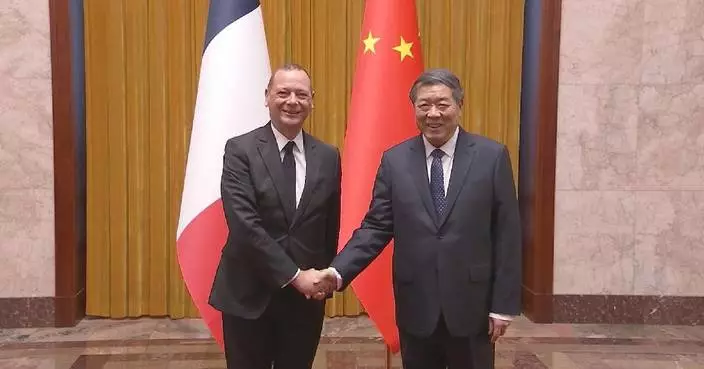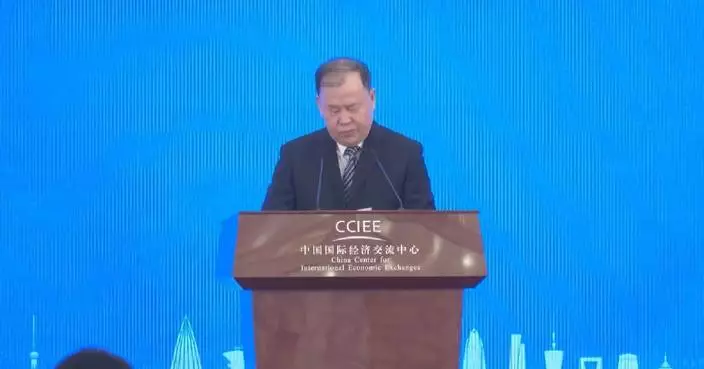The UN's Global Digital Compact will likely play a key role in eliminating socioeconomic inequalities, as open-source Artificial Intelligence (AI) has great potential to reduce the digital divide, according to Tawfic Jelassi, the Assistant Director-General for Communication and Information at UNESCO.
In an interview with China Global Television Network(CGTN), Jelassi stressed that the compact, proposed by the United Nations Common Agenda and adopted at the UN Summit of the Future in 2024, places the fight against inequality at its heart. "We believe that the adoption of the Global Digital Compact is significant towards ensuring that AI benefits humanity at large while helping to reduce socioeconomic inequalities within and among countries. This is obviously what was stated in the Sustainable Development Goal Number 10, which calls for reducing inequality. So, the compact itself calls the international community to build capacities, especially in developing countries, to access, develop, use and govern AI systems and direct them towards the pursuit of sustainable development," said Jelassi.
While AI has the potential to foster economic growth, he noted, the benefits may not spread evenly if global actors are left to their own devices.
"Artificial Intelligence holds the potential to foster economic growth. The evidence shows that these gains are expected to be concentrated in few leading economies. This is why our work is so far from being finished. The hardest part, actually the implementation is still to be rolled out," he said.
The assistant director-general also warned that AI is a double-edged sword, capable of leveling the global playing field while also introducing hefty risks.
"We believe that open source technologies, especially in the field of AI, have a great potential to reduce the digital divide and also to foster equitable access to technology. UNESCO will continue to support its 194 member states in implementing open solutions for sustainable development including efforts to strengthen data governance mechanisms and remove barriers to open science. And these are aimed at closing the digital, technological and knowledge gaps that exist nowadays. However, open source AI also raises significant concerns such as the irreversibility of release, potential security risks from unsecured models, but also the lack of control over misuse through fine tuning," Jelassi said.

Global Digital Compact key to reducing inequalities among nations: UNESCO official









